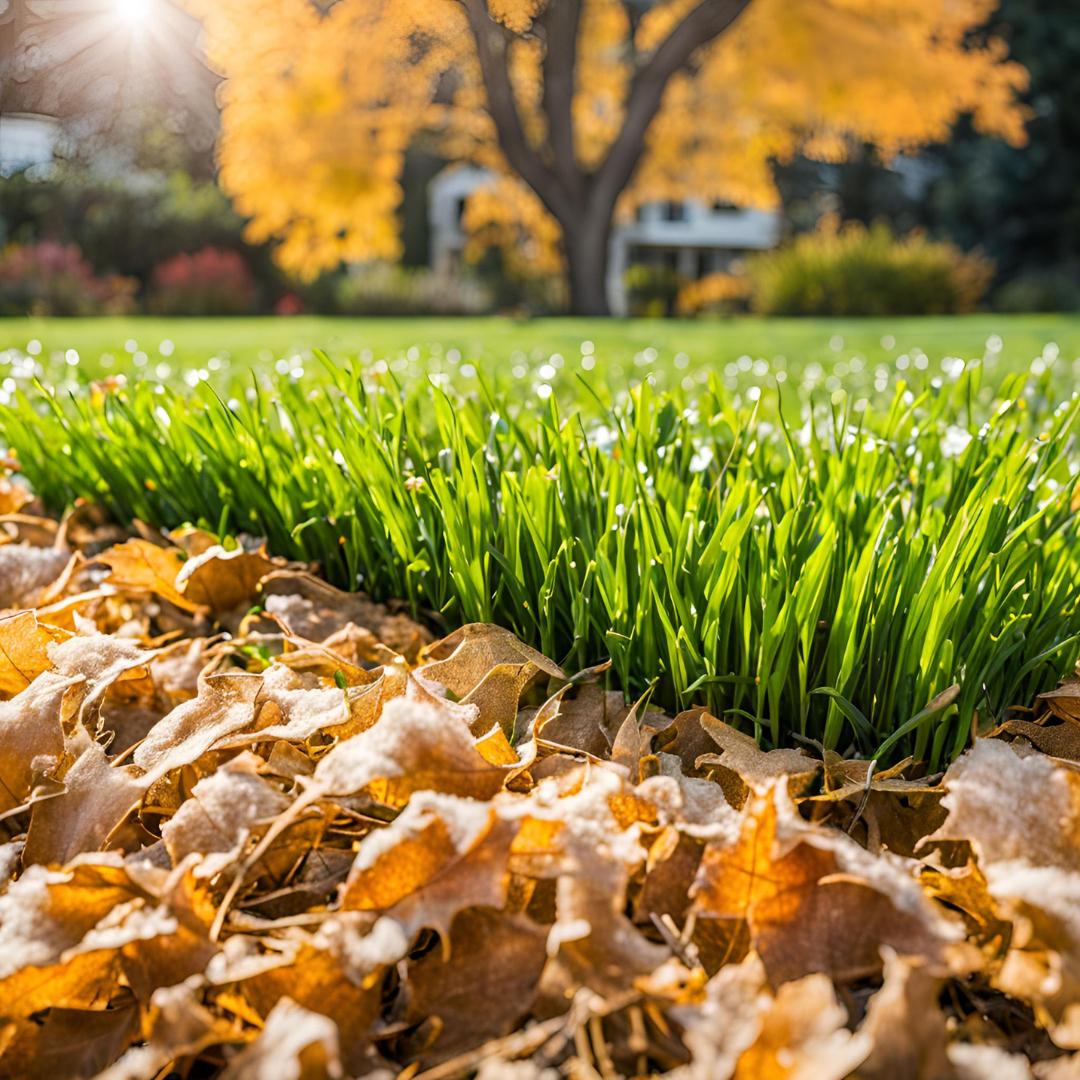Maintaining a pristine lawn in Atlanta is more than just a matter of aesthetics; it's about creating a welcoming outdoor space that enhances your home's curb appeal and overall value. With the city's unique climate and environmental conditions, effective lawn maintenance requires a tailored approach. In this comprehensive guide, we'll explore essential tips, tricks, and professional advice to help you achieve a lush, healthy lawn year-round.
Understanding Atlanta's Climate and Its Impact on Lawn Care
Atlanta's climate is characterized by hot, humid summers and mild winters. This weather pattern can pose both challenges and opportunities for lawn care. Here's a brief overview of how these conditions affect your lawn:
- Hot, Humid Summers: The intense heat can lead to water stress and increased susceptibility to pests and diseases. It's crucial to adjust your watering and fertilization practices to keep your lawn healthy.
- Mild Winters: While the winters are generally mild, occasional cold snaps can impact grass growth and health. Proper winter care can help your lawn recover quickly in the spring.
Key Lawn Maintenance Tips for Atlanta Homeowners
1. Choose the Right Grass Type
Selecting the appropriate grass type is the foundation of successful lawn maintenance. In Atlanta, warm-season grasses like Bermuda, Zoysia, and St. Augustine thrive due to their heat tolerance. These grasses grow vigorously during the warm months and enter a dormant phase during the cooler seasons.
- Bermuda Grass: Known for its durability and dense growth, Bermuda grass is a popular choice for Atlanta lawns.
- Zoysia Grass: This grass type offers excellent drought resistance and requires less frequent mowing.
- St. Augustine Grass: With its broad, dark green blades, St. Augustine grass provides a lush appearance and shade tolerance.
2. Establish a Consistent Mowing Schedule
Regular mowing is essential to maintain a healthy lawn. Aim to mow your lawn once a week during the growing season, ensuring you never cut more than one-third of the grass height at a time. Keeping your mower blades sharp will result in clean cuts and reduce stress on the grass.
- Mowing Height: Adjust your mower height according to the grass type. For Bermuda and Zoysia, maintain a height of 1-2 inches, while St. Augustine should be kept at 2.5-4 inches.
3. Implement Proper Watering Techniques
Watering is a critical aspect of lawn maintenance. In Atlanta, it's essential to strike a balance between providing enough moisture and avoiding water waste. Here are some tips for effective watering:
- Water Early: Water your lawn early in the morning to reduce evaporation and allow the grass to dry before evening.
- Deep Watering: Aim for 1-1.5 inches of water per week, either from rainfall or irrigation. Deep watering encourages deep root growth and improves drought resistance.
- Avoid Overwatering: Overwatering can lead to shallow root systems and increased susceptibility to diseases.
4. Fertilize Wisely
Fertilization provides essential nutrients to your lawn, promoting healthy growth and vibrant color. In Atlanta, it's crucial to follow a fertilization schedule that aligns with your grass type and the local climate.
- Spring Fertilization: Apply a balanced fertilizer in early spring to kickstart growth after winter dormancy.
- Summer Fertilization: During the hot months, use a slow-release fertilizer to provide a steady supply of nutrients without overstimulating growth.
- Fall Fertilization: Apply a high-potassium fertilizer in the fall to strengthen the grass before winter.
5. Control Pests and Diseases
Pests and diseases can quickly undermine your lawn's health. Regular inspection and prompt action are key to managing these issues. Common lawn pests in Atlanta include grubs, chinch bugs, and armyworms.
- Pest Control: Use targeted treatments based on the specific pest identified. Consider natural or organic options to minimize environmental impact.
- Disease Management: Ensure proper lawn care practices to reduce disease risk. Aeration, proper watering, and balanced fertilization can help prevent common lawn diseases.
6. Aerate Your Lawn
Aeration improves soil health by reducing compaction and enhancing nutrient absorption. In Atlanta, lawn aeration is particularly beneficial due to the heavy clay soil commonly found in the region.
- When to Aerate: Perform aeration in the spring or fall when the grass is actively growing.
- How to Aerate: Use a core aerator to remove small plugs of soil from your lawn, allowing air, water, and nutrients to penetrate deeper into the soil.
Professional Lawn Maintenance Services in Atlanta
While DIY lawn care can be rewarding, many homeowners in Atlanta choose to enlist professional services for expert guidance and comprehensive care. Professional lawn maintenance services can offer:
- Customized Lawn Care Plans: Tailored recommendations based on your lawn's specific needs and local conditions.
- Advanced Equipment: Access to specialized tools and equipment for more efficient and effective care.
- Expert Knowledge: Experienced professionals can diagnose and address complex lawn issues that may be challenging for homeowners.
If you're seeking top-notch lawn maintenance services in Atlanta, consider exploring options like Lawn maintenance in Atlanta to find trusted local providers who can help you achieve and maintain a beautiful lawn.
Final Thoughts
Maintaining a lush and healthy lawn in Atlanta requires a combination of knowledge, effort, and the right tools. By understanding the unique challenges of Atlanta's climate and implementing effective lawn care practices, you can create a vibrant outdoor space that enhances your home's curb appeal and provides a relaxing retreat for you and your family.
Whether you're handling lawn care on your own or seeking professional assistance, the key to a thriving lawn lies in consistent, informed care. Embrace these tips and techniques to ensure your lawn remains healthy and beautiful throughout the year.
